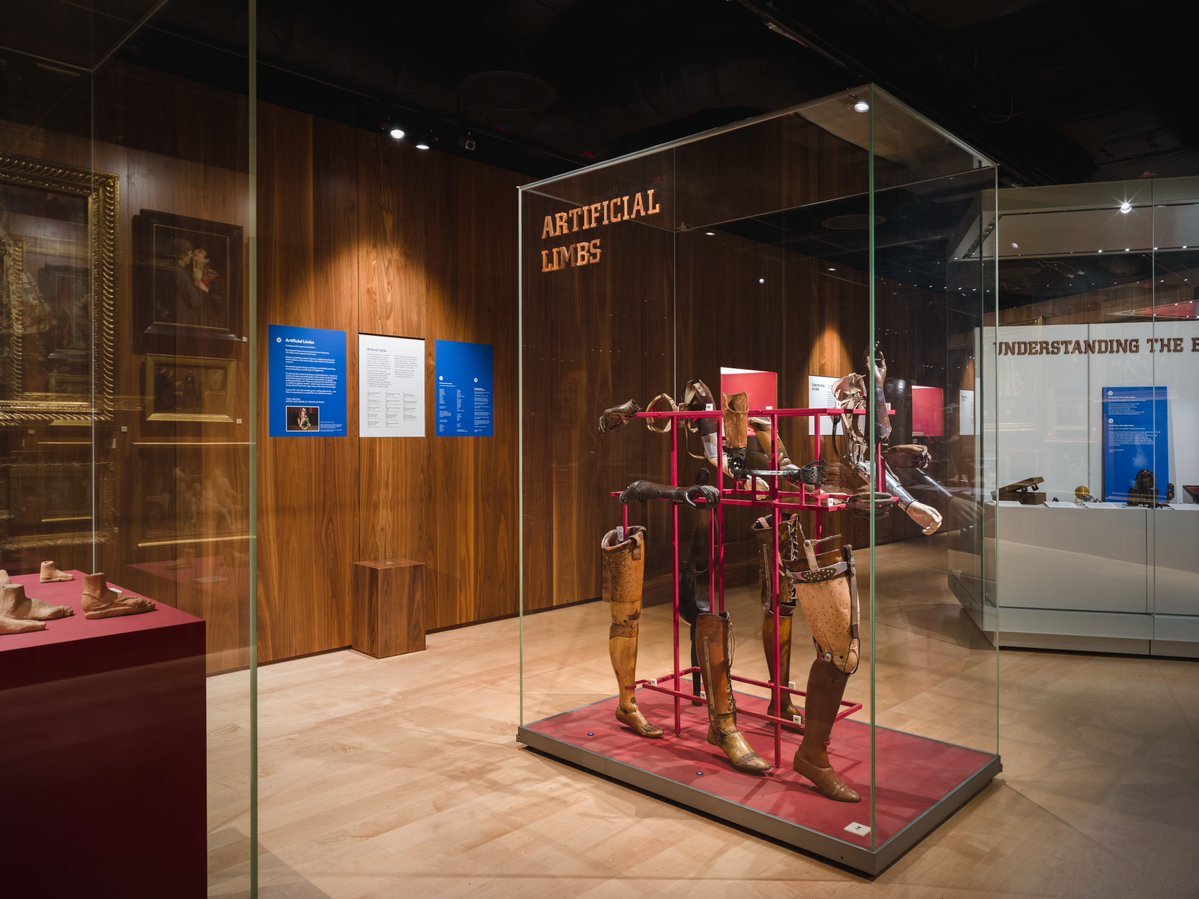
In a series of social media posts, which opened with the question ‘What’s the point of museums?’, the Wellcome Collection in London has announced it will remove its display of medical objects collected by founder Henry Wellcome.
‘When our founder, Henry Wellcome started collecting in the 19th century, the aim then was to acquire vast numbers of objects that would enable a better understanding of the art and science of healing throughout the ages.’
‘This was problematic for a number of reasons. Who did these objects belong to? How were they acquired? What gave us the right to tell their stories?’
‘The result was a collection that told a global story of health and medicine in which disabled people, Black people, Indigenous peoples and people of colour were exoticised, marginalised and exploited – or even missed out altogether.’
Henry Wellcome, who died in 1936, was the American founder of pharmaceutical company Burroughs Wellcome & Company, one of the four large companies to eventually merge to form GlaxoSmithKline. The Wellcome Collection, established in 1997, is part of the Wellcome Trust, funded under a legacy covenant.
In 2019 former Iniva director Melanie Keen was appointed director.
The long-running exhibition, Medicine Man, featured items from the collection including extensive interpretation and interventions by contemporary artists contextualising the colonial nature of Wellcome’s patronage. Nonetheless, the museum decided that to show the objects at all ‘still perpetuates a version of medical history that is based on racist, sexist and ableist theories and language’.
The museum has not said what will replace the exhibition.